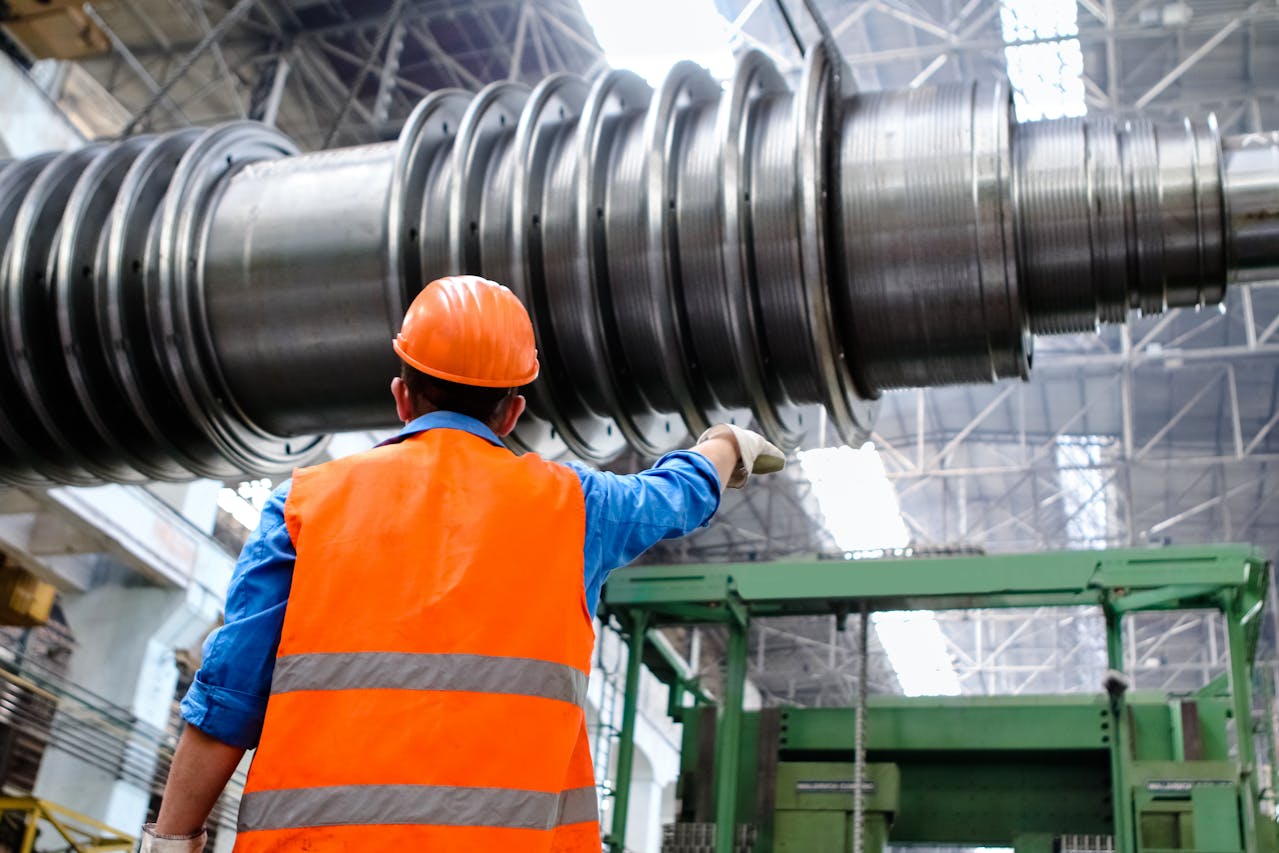When it comes to acquiring new equipment for your business, the financing decision can be a complex one.
You have two main options: equipment loans and equipment leasing. But which is the right choice for your business?
This article aims to shed light on these two financing options. We’ll delve into the pros and cons of each, and explore their financial implications.
Whether you’re a small business owner or a financial manager in a medium-sized enterprise, this guide is for you. It’s designed to help you make an informed decision on equipment financing.
By understanding the differences between equipment loans and leasing, you can choose the option that best suits your business needs.
So, let’s dive in and explore the world of equipment financing.
Understanding Equipment Financing
Equipment financing loan is a broad term that encompasses both loans and leases. It’s a way for businesses to acquire the equipment they need without paying the full cost upfront.
In an equipment finance loan, the borrower uses the loan to purchase the equipment. The equipment itself often serves as collateral for the loan.
On the other hand, equipment leasing is an arrangement where you pay for the right to use the equipment for a specific period. It’s akin to renting the equipment, with the option to buy it at the end of the lease term.
Understanding the difference between these two options is crucial for making the right financing decision.
Equipment Loan Explained
An equipment loan is a type of financing where the borrower uses the loan to purchase equipment. The equipment itself often serves as collateral for the loan. This means that if the borrower defaults on the loan, the lender can seize the equipment to recoup their losses.
Equipment loans typically require a down payment, which can range from 10% to 20% of the equipment’s cost. The rest of the cost is spread out over the loan term, which can be anywhere from one to five years.
The borrower owns the equipment outright once the loan is paid off. This can be a significant advantage for businesses that want to build equity in their assets.
Pros of Equipment Loans
- Ownership: With an equipment loan, you own the equipment once the loan is paid off. This can be a significant advantage for businesses that want to build equity in their assets.
- Tax benefits: Equipment loans can offer tax benefits. For example, Section 179 of the IRS code allows businesses to deduct the full cost of qualifying equipment in the year it’s purchased.
- Fixed payments: Equipment loans typically come with fixed interest rates, which means your payments stay the same throughout the loan term. This can make budgeting easier.
Cons of Equipment Loans
- Down payment: Equipment loans typically require a down payment, which can be a significant upfront cost.
- Risk of obsolescence: If the equipment becomes outdated before the loan is paid off, you could be stuck paying for equipment that’s no longer useful.
- Impact on credit: Taking out an equipment loan can impact your credit score. If you default on the loan, it could have serious consequences for your business credit.
- Maintenance and insurance costs: As the owner of the equipment, you’re responsible for all maintenance and insurance costs. These can add up over time.
Equipment Leasing Demystified
Equipment leasing is another form of equipment financing or small business financing. In this arrangement, the lessee pays for the right to use the equipment for a specific period. The lessor retains ownership of the equipment.
Leasing often does not require a down payment, making it an attractive option for businesses with limited upfront capital. The lease payments are spread out over the lease term, which can range from a few months to several years.
At the end of the lease term, the lessee typically has the option to return the equipment, renew the lease, or purchase the equipment. This provides flexibility for businesses with changing equipment needs.
Advantages of Equipment Leasing
- Flexibility: Leasing provides the option to upgrade equipment at the end of the lease term. This is particularly beneficial for businesses that rely on having the latest technology.
- Lower upfront costs: Leasing often does not require a down payment, making it an attractive option for businesses with limited upfront capital.
- Maintenance and insurance: In many lease agreements, the lessor is responsible for maintenance and insurance costs. This can reduce the total cost of using the equipment.
Disadvantages of Equipment Leasing
- Higher long-term costs: Leasing can be more expensive in the long run. Over the lease term, you may end up paying more than the equipment’s actual value.
- No equity: With leasing, you don’t build equity in the equipment. At the end of the lease term, you don’t own anything unless you choose to buy the equipment.
- Strict terms: Lease agreements often come with strict terms. For example, there may be penalties for early termination or exceeding usage limits.
- Depreciation: Unlike an equipment loan, you can’t claim depreciation on leased equipment. This could have tax implications for your business.
Comparing Costs: Loan vs. Lease
When comparing the costs of an equipment loan/small business financing versus a lease, it’s important to consider both the short-term and long-term implications. An equipment loan may require a larger upfront investment, but over time, it could be less expensive than leasing.
On the other hand, leasing often has lower upfront costs, but the total cost over the lease term may exceed the equipment’s value. It’s also worth noting that lease payments can be higher than loan payments due to the inclusion of maintenance and insurance costs.
In the end, the best option depends on your business’s financial situation and equipment needs. It’s crucial to calculate the total cost of each option, including interest, fees, and potential tax benefits, to make an informed decision.
Tax Implications and Accounting Considerations
The tax implications of equipment financing can significantly impact your decision between a loan and a lease. With an equipment loan, you may be eligible for tax deductions on interest payments and depreciation. This can lower your taxable income and potentially save your business money.
In contrast, lease payments are often fully deductible as a business expense. This can provide significant tax savings, especially for high-cost equipment. However, it’s important to note that tax laws can vary, so it’s crucial to consult with a tax professional.
Accounting for loans and leases also differs. Loans are considered a liability on your balance sheet, while leases can be classified as either operating or capital leases, each with its own accounting implications. Understanding these differences is key to maintaining accurate financial records.
Making the Right Choice for Your Business
Choosing between an equipment loan and lease depends on your business’s unique needs and financial situation. Both options have their advantages and potential drawbacks.
Factors to Consider
When deciding, consider the following factors:
- Equipment Lifespan: If the equipment has a long lifespan, a loan might be more cost-effective.
- Cash Flow: Leasing can provide more predictable monthly expenses, which can be beneficial for cash flow management.
- Tax Implications: Consider the potential tax benefits of each option.
- Equipment Obsolescence: If the equipment is likely to become obsolete quickly, leasing might be a better option.
Real-World Scenarios
Let’s consider a few real-world scenarios. A construction company might opt for an equipment loan to purchase a durable excavator that will be used for several years. On the other hand, a tech startup might choose to lease high-end computers that will need to be upgraded frequently.
In another scenario, a restaurant with tight cash flow might prefer leasing kitchen equipment to avoid a large upfront cost. These examples illustrate how the right choice depends on various factors unique to each business.
Conclusion and Next Steps
In conclusion, both equipment loans and leases offer viable financing options for businesses. The best choice depends on your business’s unique needs, financial situation, and long-term goals.
As a next step, consider consulting with a financial advisor to help you make an informed decision. Remember, the right financing option can significantly impact your business’s growth and success.







